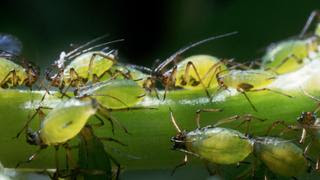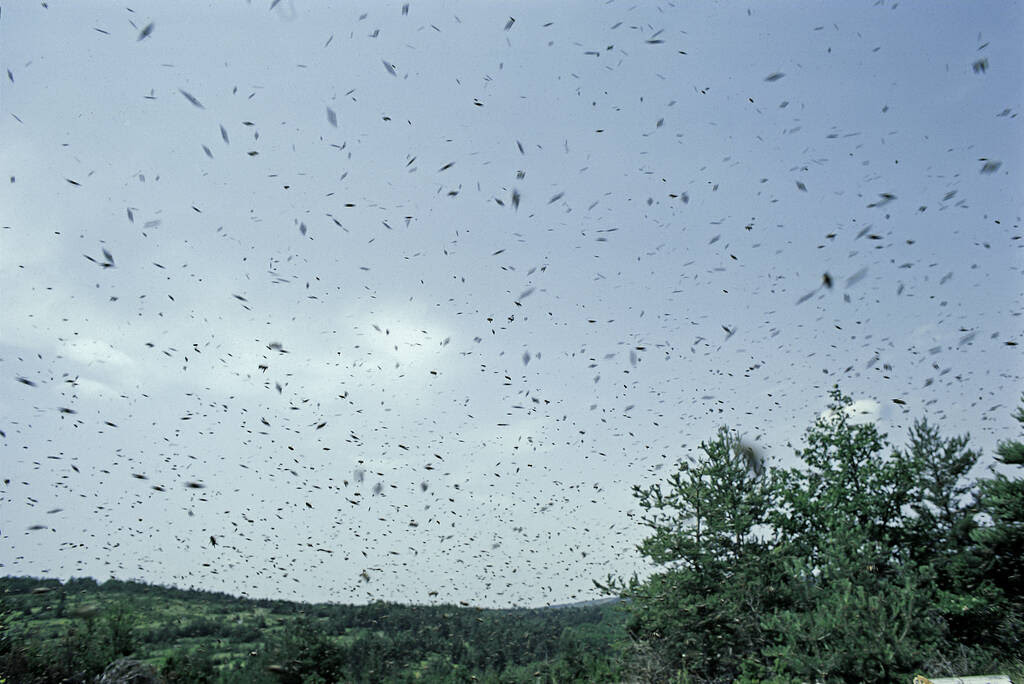Millions of insects have invaded New York City since June.
They’re invisible to the naked eye, but these tiny insects infiltrate every part of the body. For the past few weeks, swarms of insects have been driving residents crazy. “I’ve got them all over my shirt. What’s going on?” reacts one young woman.

With the pandemic, the heat and the fumes from the fires in Canada piling up in New York, New Yorkers now also have to be careful not to swallow these little beasts. According to the experts, these are aphids that are particularly prevalent after a very mild winter and a very rainy spring. “The beginning of summer, with its humidity and heat and the very heavy, very localized rainfall of recent weeks, provides a breeding ground favorable to their development”, explains Jody Gangloff-Kaufmann, a researcher at Cornell University.
These aphids do not sting and pose no danger to humans, only to plants.



Comment here